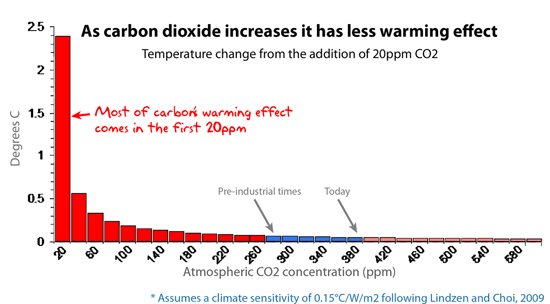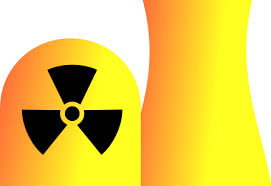We live in interesting times. Global warming has become an issue that appears to demand action--but it's an issue that dramatically depends on a very complex kind of science that very few people can master. To make things worse, some of the people who claim to understand the issue disagree about it in the most fundamental ways. That leaves the average 21st century person in a position a little like the average 16th century European, trying to choose between Catholicism and Protestantism with their eternal soul at stake.
I've judged a number of formal debates, and I like to analyze this problem in debate terms. The four "stock issues" of a formal debate are:
- Topicality
- Significance
- Inherency
- Solvency
Topicality is the definition of terms. The global warming debate involves some surprisingly slippery terminology. I've noticed a shift from "global warming" to "climate change" without any explanation. I'm going to define the term under debate as "catastrophic increase in atmospheric heat produced by human activities."
Significance: I define "global warming" as "catastropic increase in atmospheric heat" to nail down the second stock issue in debate. Anything less than a "catastrophic" increase is not a significant harm. "Lukewarmists" believe that human activity affects the climate, but not enough to worry about.
Inherency: In formal debate, the party advocating change must show that the significant harm
can't be solved without adopting the kind of change that they propose. They have to show that the "harm" is "inherent" to the status quo--until we change the way things are, we can't escape the problem.
Solvency: The affirmative team in any debate has to persuade the audience that their proposed solution will actually solve the problem--without creating more problems that are even worse.
Scoring this debateIn any formal debate, the party advocating change bears the burden of proving all four stock issues. I've defined the terms to my own satisfaction, so I'll give the "warmists" the
topicality issue. I have yet to be persuaded on any of the remaining three issues.
So far, I'm not persuaded that there is a
significant harm. I've heard a lot of horror stories about how bad things
could be, but some of those claims aren't well supported by the evidence. At present, I'd call myself a "lukewarmist." I think that human activity is causing some increase in atmospheric heat, but I am not persuaded that the rise in CO2 is more likely than not to cause a catastrophe.
I'm completely unpersuaded by the
inherency arguments. The "warmists" seem to be arguing that humans must immediately apply governmental caps to CO2 emissions. Why not argue for a crash program to construct nuclear power plants? I think that putting massive amounts of cheap, clean, green, safe energy on the grid would reduce CO2 emissions more quickly and more reliably than any amount of coercive control.
I fundamentally disagree with the
solvency arguments. The proposals on the table are pathetic! How can we save the planet from runaway CO2-induced heating unless we deal with the vast amounts of CO2 being released by the teeming billions of the developing world? The most advanced societies could cut their carbon emissions to zero but the levels of CO2 would continue to rise for generations under every current plan. To make matters worse, the most likely results of cap-and-tax type regimes would be a global recession and/or depression, resulting in even-deeper poverty in the developing and underdeveloped nations. That means more soot, more smoke, more deforestation around the word. Poverty is a cause of CO2 emissions, not a cure.
My own position
I would agree that we have a "global warming crisis," but I see it is a human crisis of collective decision-making--a political crisis, at the moment, not an environmental crisis. The human race has been presented with a problem that it must solve, one way or another, just as Europe was presented with the problem of Protestantism in 1517. How are we going to handle it?
I believe that "warmists" and "skeptics" can and should agree on an immediate course of action to reduce CO2 emissions. A crash course in nuclear power is the best solution to this political crisis. Warmists can sleep at night, knowing that we are finally DOING something that could eliminate the need for fossil fuels altogether. Skeptics would enjoy the benefits of cheap, clean, plentiful energy that doesn't depend on foreign (and often hostile) governments. The planet would be a safer and more peaceful place, whether or not the weather is warming.
I'd love to know if there's something I'm missing here. Feel free to straighten out my thinking in the comments!


